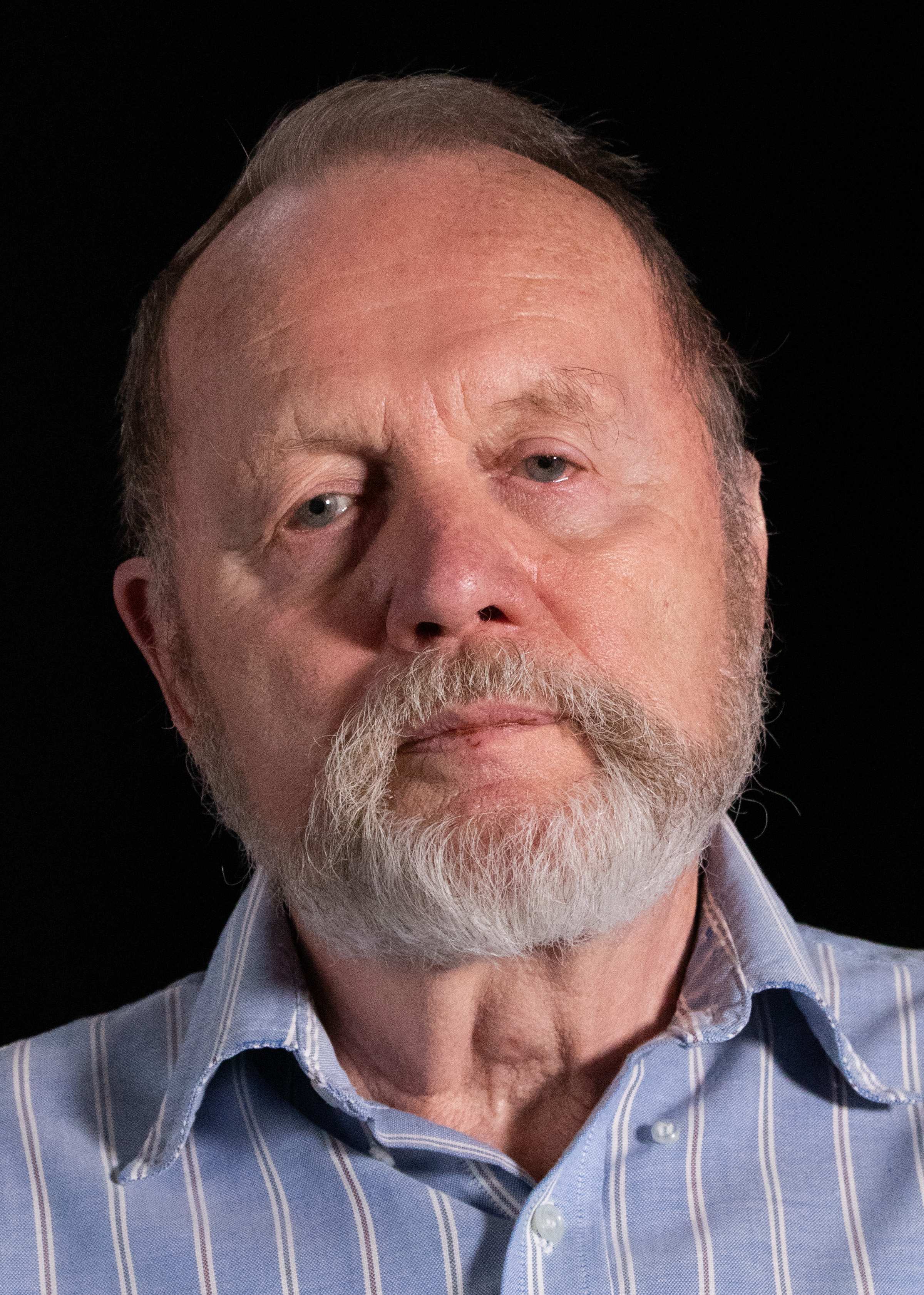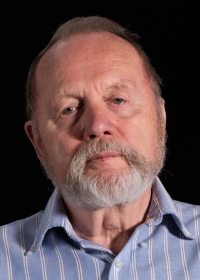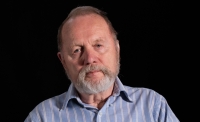Dad advisd me not to get my mind messed up by propaganda

Download image
Zdeněk Pavelka was born on the 10th June of 1936 in Olomouc to a family of a cabinet maker, Augustin, and his wife Kamila. The family lived in Holešov, in a house inherited from their grandmotner. Zdeněk recalls the resistance fighters operating in woods around Holešov; he witnessed liberation of the town by the Czechoslovak army under the command of general Klapálek on the 6th May of 1945. After the war ended, Zdeněk joined the scouts and participated at two scout summer camps. In 1950, the scout movement was banned in Czechoslovakia and incorporated to the Pionýr youth organisation which also got possesion of the scout property. Zdeněk was subject to several reforms of the school system when he was attending basic and high school. He graduated from high school in Holešov and father advised him to apply to a college as far as possible because the family was disliked for their anti-Communist views. He applied for the Prague University of Economics and Business where he was admitted and later graduated from this school. After graduation, he was conscripted to the army. He served in a garrison in Lipník nad Bečvou in an unit where sportsmen, older soldiers or those who had ‘wrong’ political background served. After being released from the compulsory army service, a friend helped Zdeněk to secure a job at the headquarters of the ČKD factory in Praha. Around 1972, he got a job in Investis company where he was a deputy for organisation and management and in 1978, he started working in the Technical-Economical Institute of Heavy Industry (TES). He worked there until 1990 when he started his own business.

